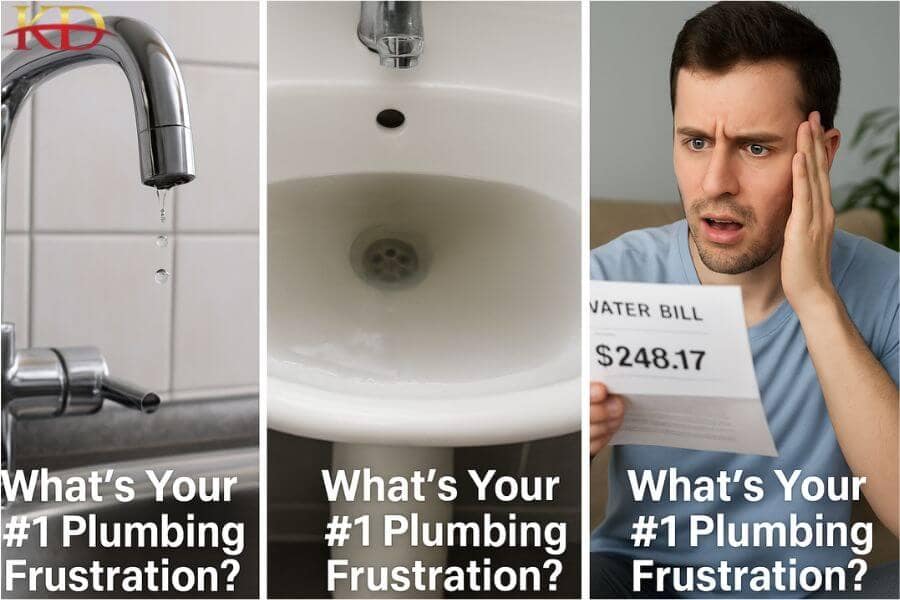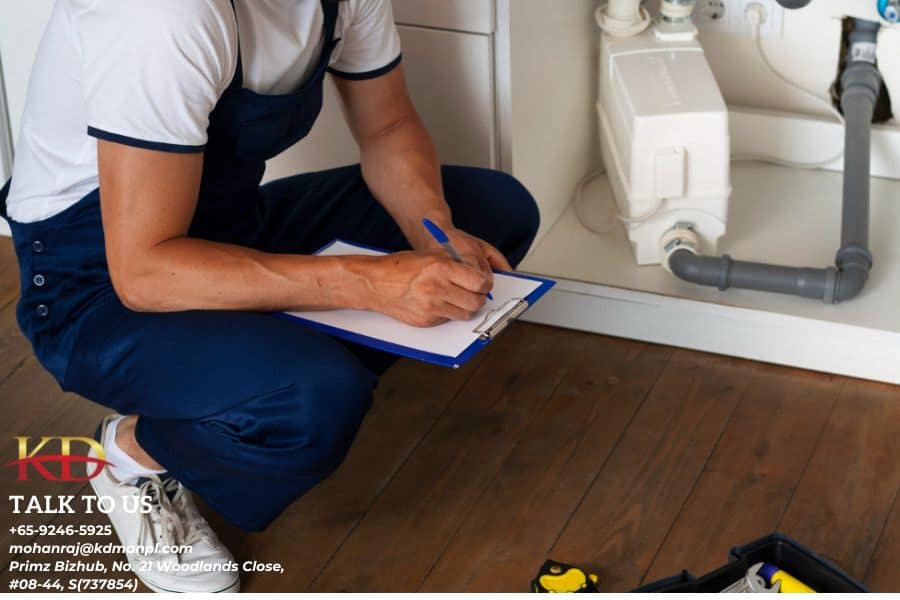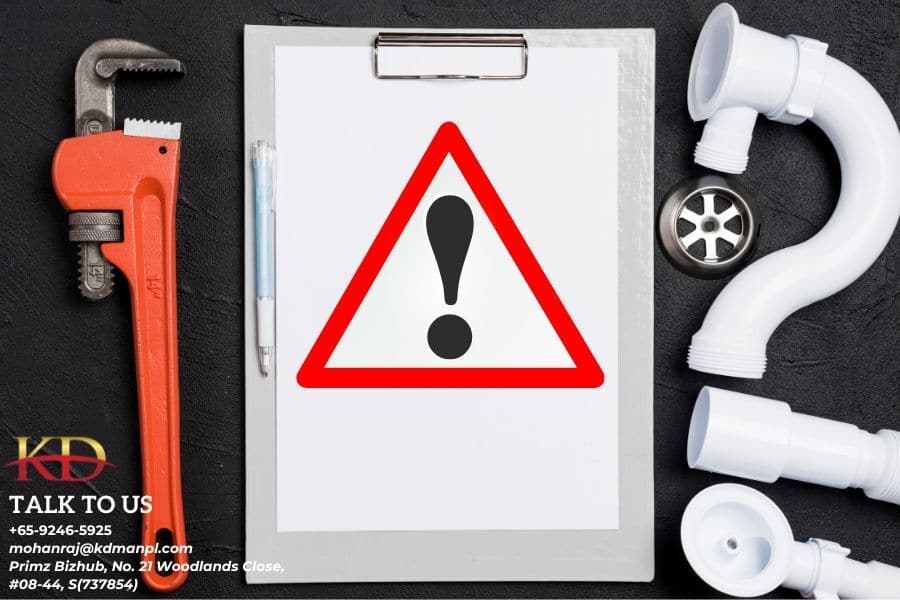Water supply plumbing works play a crucial role in ensuring access to clean, safe, and reliable water in homes, businesses, and public facilities throughout Singapore. Given the country’s limited natural water resources, water supply systems are meticulously designed to deliver potable water efficiently, ensuring both sustainability and hygiene. This post delves into the essential aspects of water supply plumbing in Singapore, highlighting regulations, processes, and the role of professionals in maintaining high standards.
1. Singapore’s Water Supply System
Singapore’s water supply is managed by the Public Utilities Board (PUB), which oversees the island’s entire water cycle, from sourcing and treatment to distribution. The nation adopts a robust and diversified water supply system known as the “Four National Taps”:
- Imported Water: Agreements with neighboring Malaysia to import water.
- NEWater: High-grade reclaimed water produced through advanced purification processes.
- Desalinated Water: Water purified from seawater through desalination plants.
- Local Water: Rainwater collected and treated from Singapore’s 17 reservoirs.
The integration of these sources ensures that the water supply remains resilient, even in times of scarcity.
2. Regulations Governing Plumbing Works
In Singapore, water supply plumbing works are governed by strict regulations enforced by the PUB. Licensed plumbers are required to carry out any installation or modification of water supply systems, ensuring that all plumbing systems comply with safety standards and use water efficiently. Some key regulations include:
- Water Services Act: This ensures that plumbing work is done by qualified professionals.
- Water Efficiency Standards: All new plumbing installations must meet PUB’s Water Efficiency Labelling Scheme (WELS), which rates the water efficiency of various plumbing fittings.
- Backflow Prevention Devices: To prevent contamination of the potable water supply, backflow prevention devices are mandatory in high-risk areas.
3. Key Components of Water Supply Plumbing Systems
A typical water supply plumbing system in Singapore includes several vital components:
- Pipes and Fittings: Made from durable materials like copper, PVC, or stainless steel, ensuring longevity and preventing leaks.
- Valves: Control water flow and pressure, enabling effective water distribution and isolation during maintenance.
- Water Meters: Installed to monitor water usage, helping customers track consumption and detect leaks early.
- Storage Tanks: For buildings, storage tanks serve as a buffer, ensuring consistent water supply, especially during peak hours.
4. Common Plumbing Services
Licensed plumbers in Singapore provide various services related to water supply plumbing works, including:
- Pipe Installation and Replacement: Installation of new water pipes or replacing old ones to prevent leaks or contamination.
- Leak Detection and Repair: Finding the source of leaks, which can lead to water wastage, and repairing them promptly.
- Water Tank Cleaning: Regular maintenance and cleaning of water storage tanks to prevent bacterial contamination.
- Pressure Management: Adjusting water pressure to ensure adequate flow, especially in high-rise buildings.
5. Challenges in Water Supply Plumbing
Water supply plumbing works in Singapore face several challenges:
- Aging Infrastructure: Some older buildings may still have outdated plumbing systems that need frequent repairs or upgrades.
- High Water Pressure in High-Rise Buildings: Managing water pressure for buildings with multiple stories requires advanced plumbing solutions, such as booster pumps.
- Water Conservation: As a country with limited water resources, there is a growing emphasis on water conservation. Plumbers are encouraged to promote water-saving fixtures and educate consumers on reducing water wastage.
6. The Future of Water Supply Plumbing
With Singapore’s focus on sustainability, the plumbing industry is expected to continue evolving, embracing innovations that promote water conservation and environmental stewardship. Smart plumbing technologies, such as real-time leak detection systems and water-efficient fittings, are becoming increasingly popular. Additionally, regular training and certification programs for plumbers ensure that professionals stay up-to-date with industry best practices and technological advancements.
Conclusion
Water supply plumbing works are integral to Singapore’s overall infrastructure, ensuring access to clean and potable water for everyone. Licensed plumbers play a vital role in maintaining the integrity and efficiency of the water supply system, working in line with PUB’s strict guidelines. By promoting water-saving measures and adopting modern plumbing technologies, Singapore continues to strive for sustainable water management in the face of limited resources.
KD Man Pte. Ltd. is proud to offer water supply plumbing services that meet these standards, ensuring that our clients receive the highest quality service for their water system needs. Contact us today to learn more about how we can assist with your water supply plumbing works.





Leave a Reply